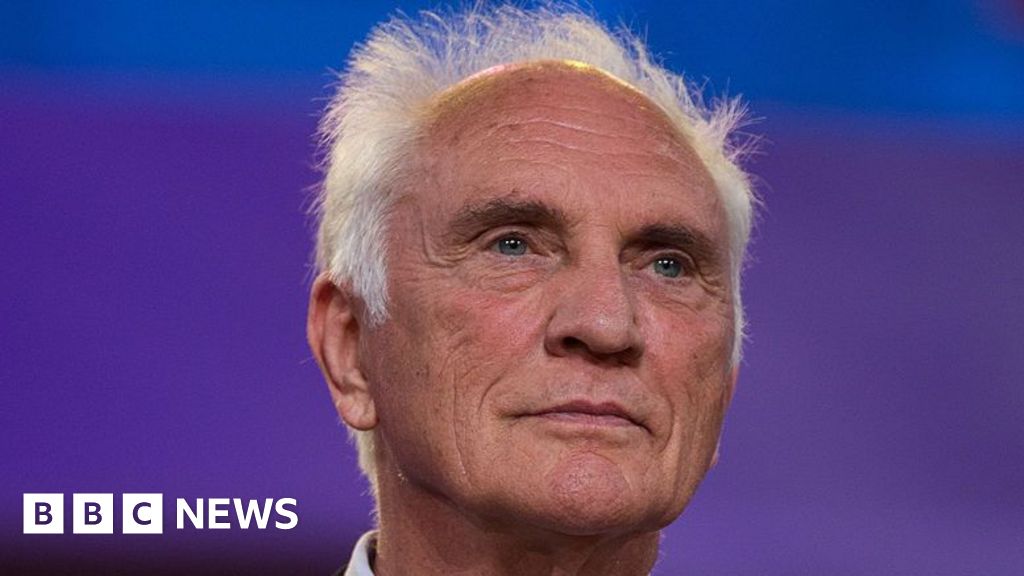- ADHD medication is sometimes abused, for example, when university students without the condition use it to study better. The reality, however, psychiatrist Renata Schoeman tells Mia Malan in this podcast, is that the medicine doesn’t work for people without ADHD. In fact, it can worsen their performance.
- The results for the first medicine to treat attention deficit and hyperactivity disorder (ADHD) was released in 1937, and over the years, many other medicines have been tested and come onto the market.
- People with ADHD find it harder to concentrate and control their emotions than people without the condition, and they often also struggle with time management, are disorganised and can be impulsive.
People with attention deficit and hyperactivity disorder (ADHD) often also have other mental health conditions such as depression, anxiety, or autism spectrum disorders.
Like all other medicine, ADHD treatment has side effects, of which appetite suppression and insomnia are the most common.
In the last of Bhekisisa’s two-part podcast series on ADHD, Mia Malan asks psychiatrist Renata Schoeman: how does ADHD medicine work, what it can and can’t do, what happens if ADHD is left untreated.
How does ADHD medicine work and what can — and can’t — it do? The medication is often abused by university students wanting to cram during exams. But, as Schoeman tells Malan, ADHD meds don’t work for people without the condition.
This story was produced by the Bhekisisa Centre for Health Journalism. Sign up for the newsletter.

Discover the Truth
Step into a world where the truth shines bright, and every headline is worth your time. With News24, you're not just reading the news; you are part of a community that values knowledge and insight. Immerse yourself in compelling stories, sharp analyses, and content that keeps you ahead of the curve.
 (1).png)
 2 months ago
17
2 months ago
17

















